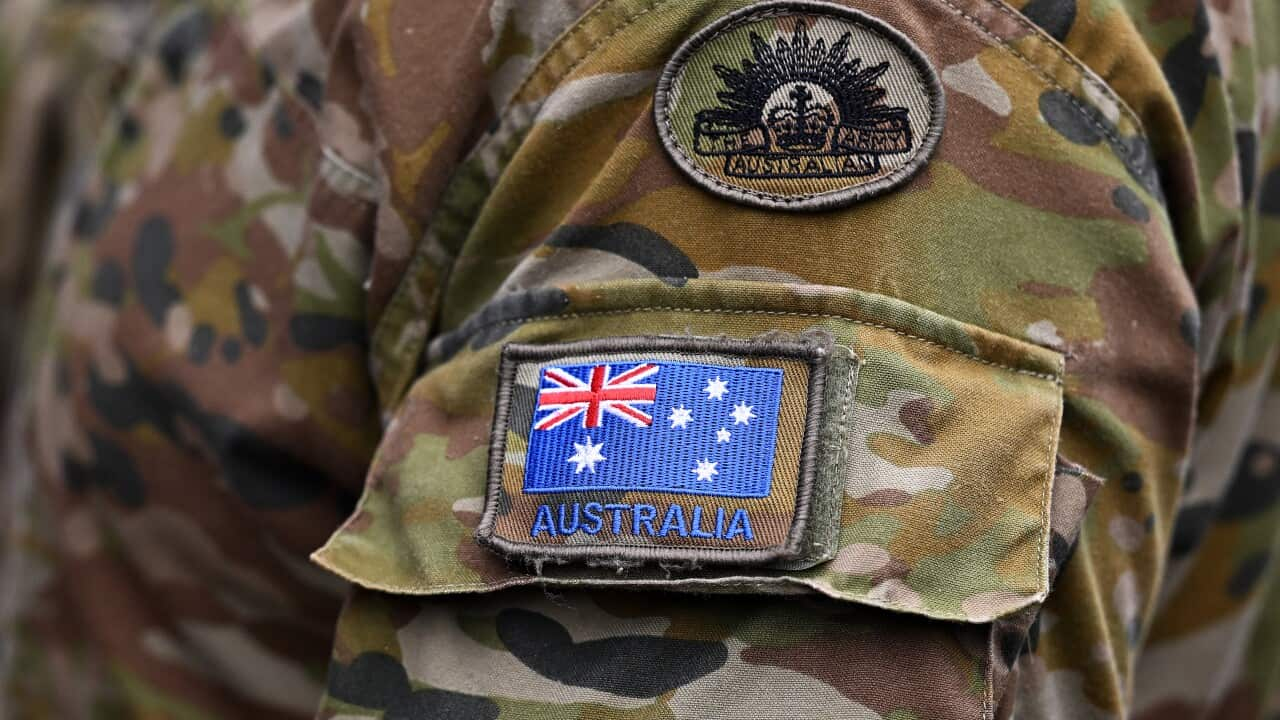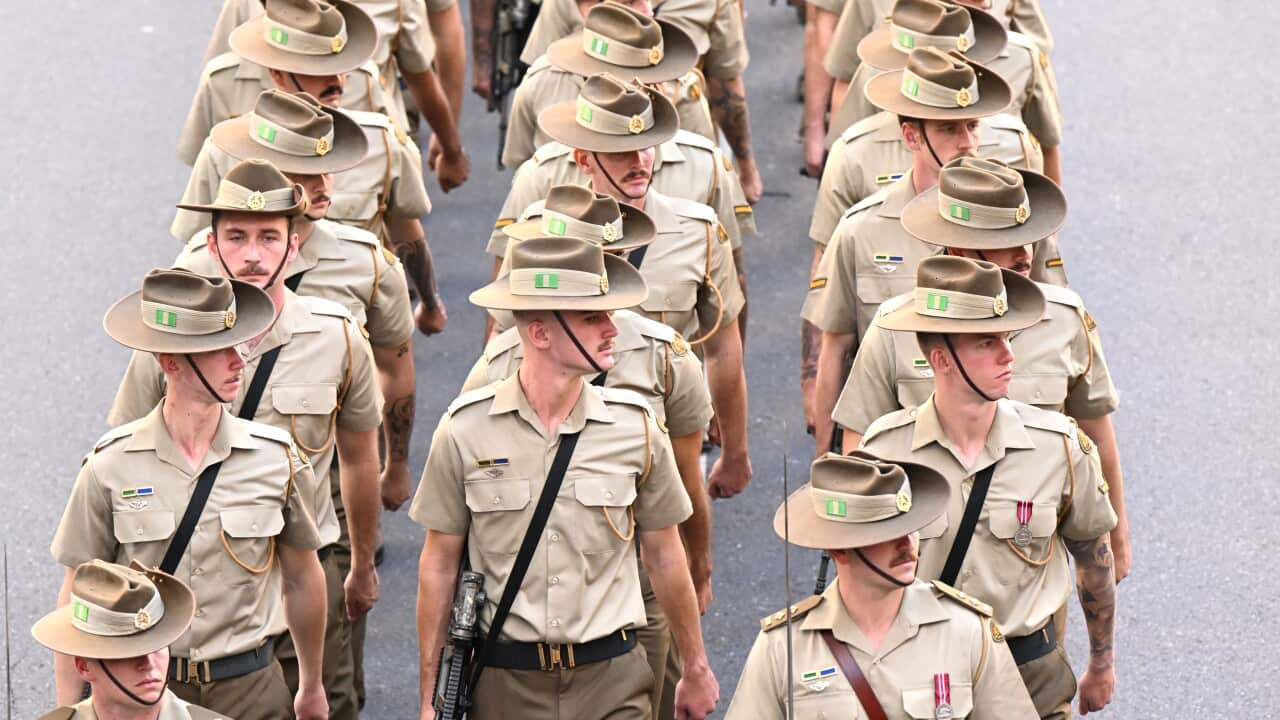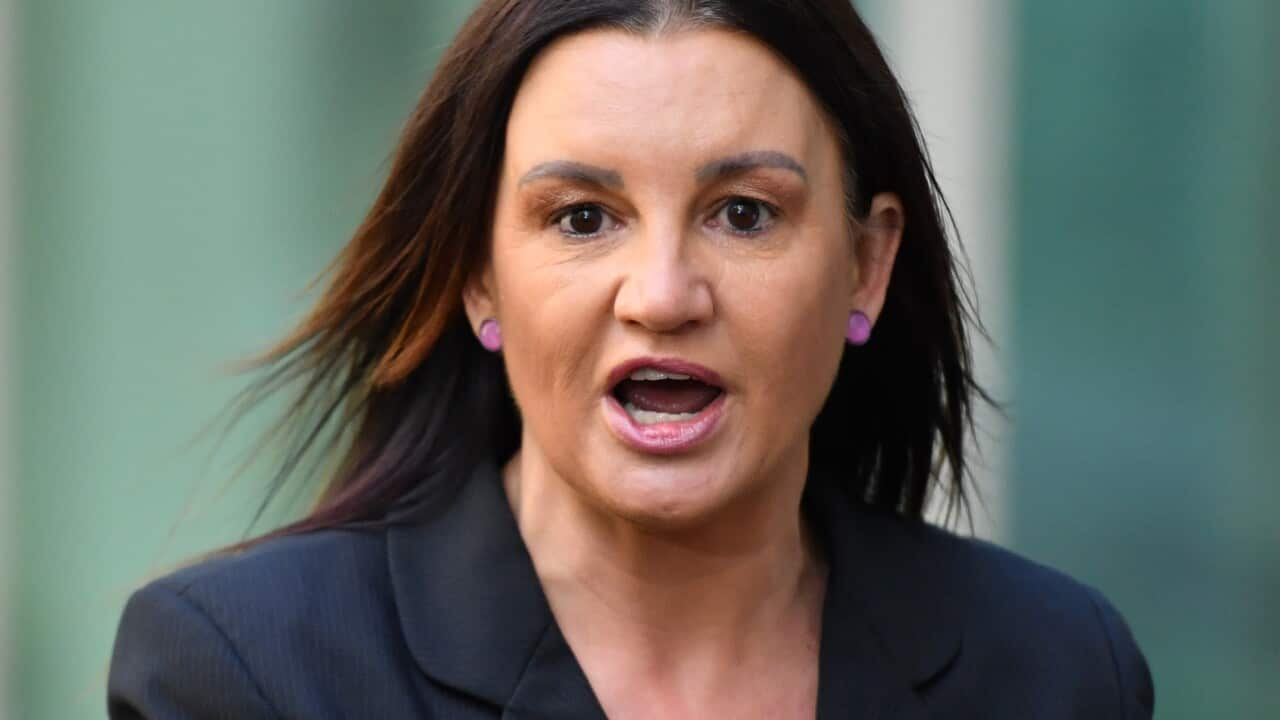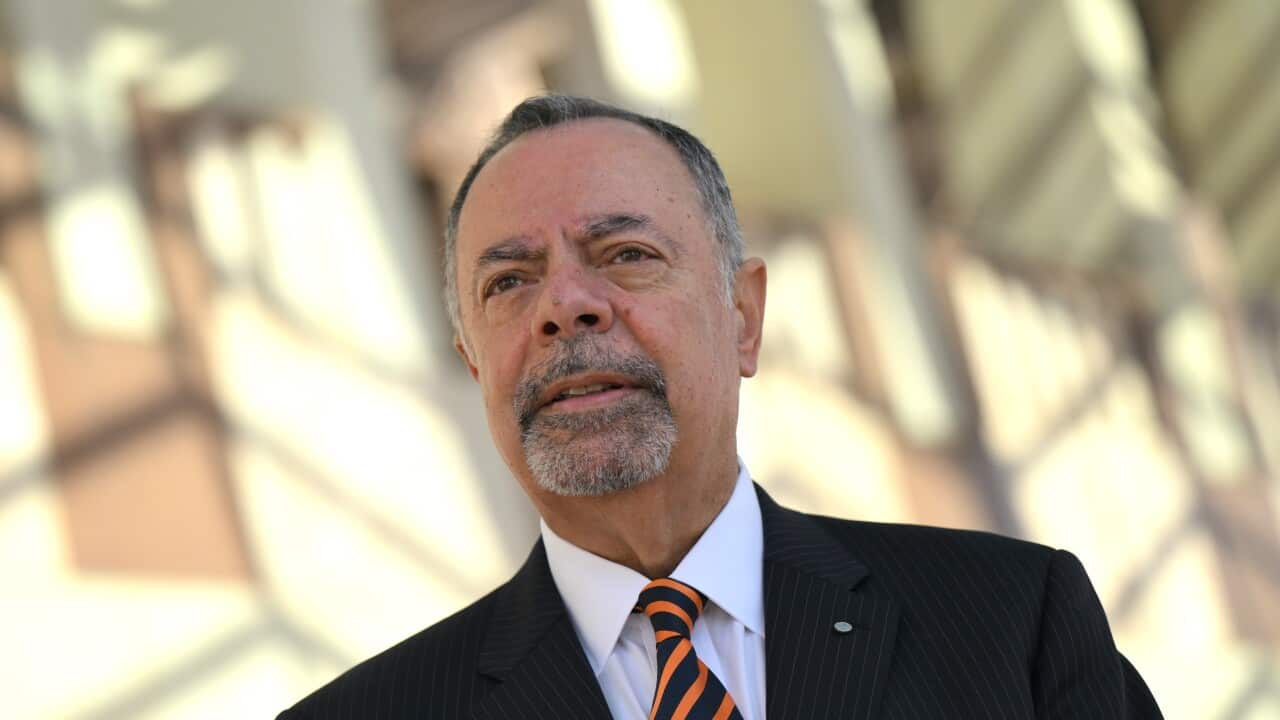This story contains references to suicide and mental health issues.
As Australians and New Zealanders pause to commemorate those who have served and died in war, veterans say many former service members are continuing to fall through the cracks.
Veteran-led organisations and advocacy groups are calling for better access to services and more support for veterans transitioning from military to civilian life.
For Paul Warren, the transition came much sooner than he had expected, along with complex grief and trauma.
Warren was serving in Afghanistan in 2009 when an explosive device tore off his right leg and instantly killed his close friend, Private Ben Ranaudo.
He described the physical loss of his leg as "easy" compared with the mental and emotional impacts.
"For me, the part that really took its toll was the psychological part; it took me a long time to process it," he said.
"You think you're an alpha male and you're sort of immune to these things ... but it started to turn me inside out mentally a little bit, especially given the fact that all my mates and my support network were still overseas fighting."
Warren said he struggled to access adequate support in the aftermath. He believes that while things have improved in the years since, the care system is still not working.
"We've gone through literally a suicide epidemic, which includes some of my friends," he said.
"If they can't keep up right now when we're not even operational, how are they going to be able to keep up when we go back to warfighting?"
Since leaving the military, he has helped set up employment programs for veterans, and is now working with Salute for Service, a charity dedicated to supporting veterans moving into civilian life.
He believes many Australians may not understand the difficulties that veterans experience after serving, particularly when it comes to accessing care.
"I think there may be an assumption that we are looked after because that would be common sense," he said.
"I chose to be deployed, I chose to operate in a combat zone, so I need to own the outcome ... but I don't think a lot of people understand the complexity of a system. They just assume that care is provided."
In September 2024, the Royal Commission into Defence and Veteran Suicides released its final report, which was decades in the making and examined the factors contributing to suicide among serving and ex-serving members of the Australian Defence Force (ADF).
It found the number of deaths by suicide is "unacceptably high" and made 122 recommendations aimed at preventing harm, supporting early intervention and recovery, and improving delivery and access to support services.
What is the government doing to support veterans?
The Department of Veterans Affairs (DVA) told SBS News any veteran who may be struggling should contact the department.
"DVA acknowledges there has been challenges for some veterans in accessing the department’s services and we are committed to improving to provide the best possible support to the veteran community in the future," a spokesperson said.
The spokesperson said the DVA has made significant progress since the Royal Commission into Defence and Veteran Suicide's interim report in 2022.
These include clearing the backlog of 40,000 allocated claims, leading to an increase in entitlements paid to veterans and families. The 2024-25 budget also included an additional $6.5 billion for income support and compensation over five years from 2023-24 through to 2027-26.
On 13 February 2025, the Veterans' Entitlements, Treatment and Support (Simplification and Harmonisation) Act 2025 (VETS Act) was passed by parliament, which is designed to make it simpler and easier for veterans to access support in the future.
The spokesperson said the DVA is committed to implementing the government's response to the recommendations of the final report of the Royal Commission into Defence and Veteran Suicide and work is underway on key recommendations.
Adapting to civilian life
Michael Albrecht, an Army veteran with 11 years of full-time service, was surprised at some of the difficulties he experienced when trying to adapt to life outside the military.
Albrecht now works with Medilinks, an organisation that supports veterans through the mental health compensation process. He said many ex-serving members do not initially identify their own mental health struggles.

Michael Albrecht said he was surprised how much he struggled with the transition out of military life. Source: Supplied
"So I'd certainly encourage veterans to listen to that feedback. You might think you're doing fine, but there could actually be a little bit more going on."
Albrecht said there are a variety of resources designed to support modern veterans, including health services, peer-to-peer programs and employment pathways.
But he said many veterans are isolated from the community and unaware of these options, or how to access them.
"Once someone's been in the defence force for a long time, sometimes being associated with veteran communities or Anzac Day might be the last thing they want," he said.
"They might go and work in remote areas or just become isolated for one reason or another, and then they may be disconnected from the community, disconnected from the veteran space and not be aware of just how many resources are out there."
What does Anzac Day mean to veterans?
While many former ADF members have traumatic memories from their time serving, Anzac Day remains a poignant and meaningful opportunity for reflection.
For Albrecht, it is a time to reconnect with those he served alongside.
"It's an opportunity to slow down and reflect on the generations before us; people who went to combat lost their lives, came back wounded physically or mentally, and that's what the dawn service is for, the way I look at it," he said.
"But then the rest of the day is more about your time and your friends and an opportunity to check in and see how they are going."
For Warren, it is an emotional time.
"It's about our mates and the traditions and people that have given everything to fight for this country, that's what it's about," he said.
"It's about the people that made the ultimate sacrifice and aren't here to live and see it."
Readers seeking support can contact Lifeline crisis support on 13 11 14 and Suicide Call Back Service on 1300 659 467.
ADF members and their families can call the Defence all-hours Support Line, a confidential telephone and online service, on 1800 628 036.
Open Arms provides 24-hour free and confidential counselling and support for current and former ADF members and their families on 1800 011 046.
Defence personnel, contemporary veterans, and their families can also contact national support services provider Soldier On during office hours 1300 620 380.





